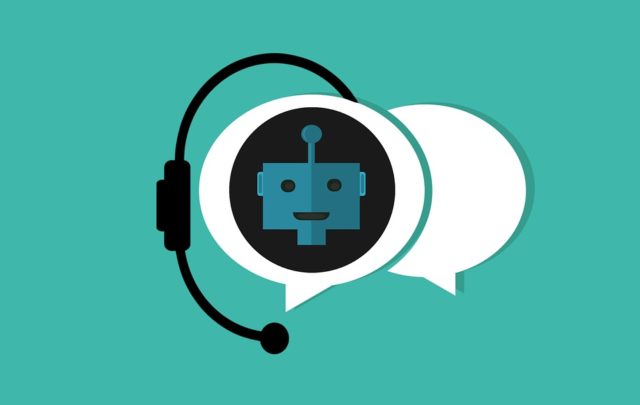Artificial Intelligence, or AI, has taken over the technology discussion in the last few years. Concepts like advance data analysis and machine learning are centerfold in tech conferences. New software development toolkits include vast libraries to provide programmers with functionality. Most have been outside of the scope of smaller businesses with limited budgets.
However, as the technology evolves, it has become more mainstream and is widely used throughout every industry and in companies of all sizes. As a matter of fact, some businesses may be using AI without even knowing. For example, if an organization conducts searches using Google, the company is already implementing machine learning with Google’s RankBrain algorithm. Here are three additional tools that all businesses can implement affordably.
1. Chat Bots
Chat bots allow organizations to increase customer experience and service without having to invest large sums of resources on personnel. When implemented properly, these can provide a quick return on investment. These artificial intelligence systems act as a repository of knowledge that can provide customers with quick answers to questions of any level of difficulty. They allow interaction with customers even when support staff is limited.

For companies looking at a way to increase interaction while dropping website bounce rates, this technology is the perfect solution. Chat bots are even a great addition to existing ai call center software systems and are a repository of customer behavior data. Together, these technologies can provide insight and perspective that can create new opportunities, build loyalty, and increase brand awareness.
2. Lead Generation
The exponential growth of AI is accompanied by suites of software and functionality that help businesses operate more effectively. While when most people think of AI, they think of robots, automation, or expensive data mining operations, the reality is quite different. Many of today’s apps focus on specific business functionality. But this does not stop here.
Along with efficiency gains, artificial intelligence can also help in the development of leads and sales. Some studies demonstrate that companies can increase leads by more than 50 percent. Furthermore, this is accomplished with lower call times and a cost reduction of about 40 to 60 percent.
In past years, this type of software was expensive and outside of the realm of options for many businesses. However, companies like SalesForce offer this type of technology integrated into their main packages, such as Customer Relationship Management (CRM).
3. Data Analysis
The biggest advantage offered by artificial intelligence software solutions and machine learning is in the area of data collection and analysis. The main reason is because of the volumes of data readily available. At any given time, businesses are producing tons of data.
Without the help of advanced algorithms, these are just too large to sift through and analyze. Nevertheless, these also provide organizations with the ability to achieve sustainability through consistent competitive advantages. Meaning, these types of businesses can learn faster than their competitors, allowing the companies to adapt, provide better services, and understand their customers.
Although the functionality seems expensive, tools like IBM’s Cognos and other products target smaller businesses. This analysis platform supports the entire lifecycle of data and allows businesses to operationalize the results. Visualizing and sharing insight is no longer a benefit afforded to big business. Furthermore, one area where smaller organizations suffered was in supporting these specialized systems.
However, with today’s connected environment, IT services in London, for example, can be managed remotely from anywhere on the planet. The Internet affords the ability to collaborate to the point where your location is no longer a limiting factor.
